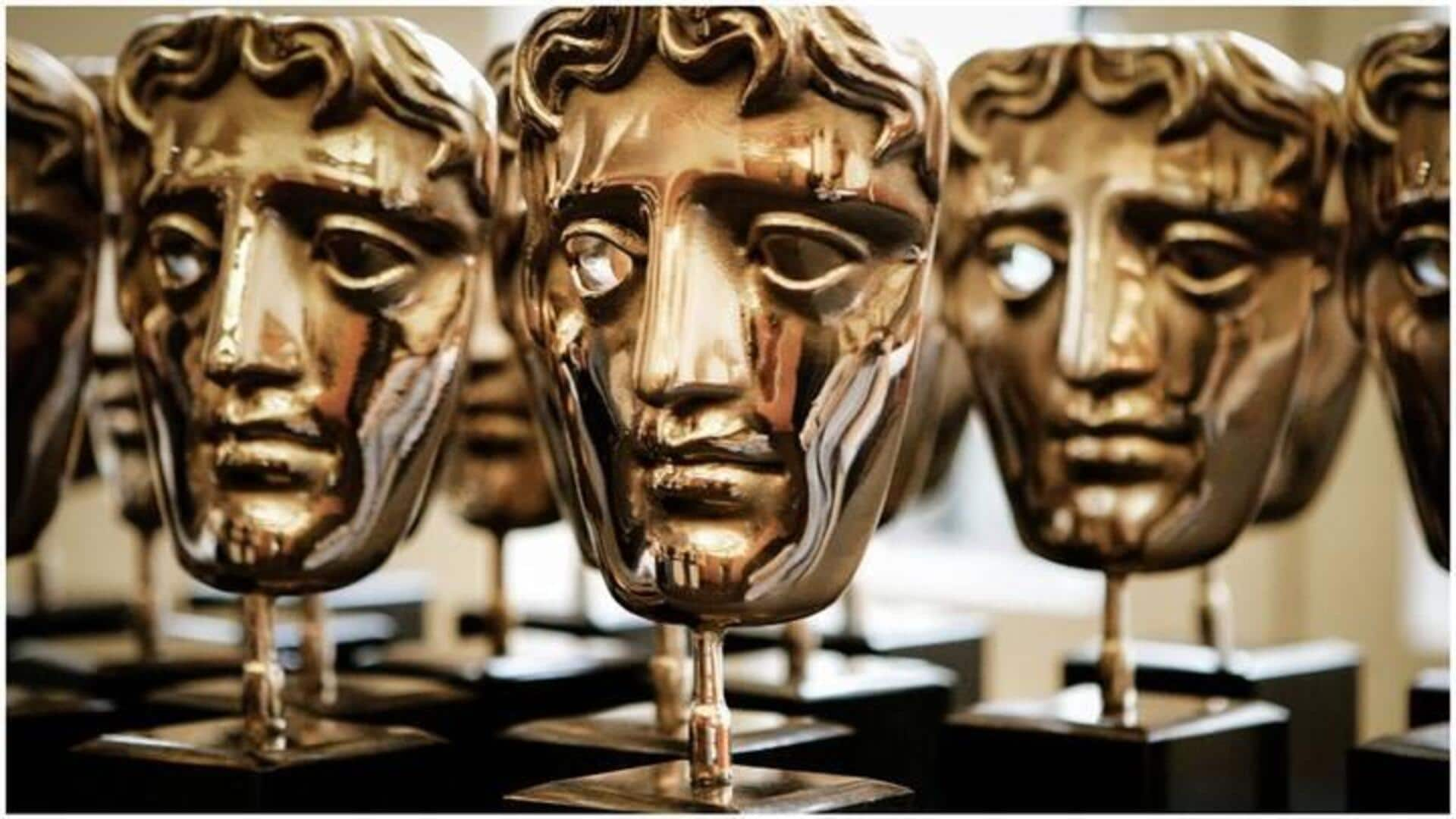
New rule: BAFTA to strip awards for criminal offenses
What's the story
The British Academy of Film and Television Arts (BAFTA) has announced new rules that will enable it to retract awards from winners convicted of serious crimes or confirmed cases of dishonesty. The change, effective from 2025, was partly motivated by the controversy surrounding former BBC News host Huw Edwards's conviction. He had confessed to accessing child abuse images. Edwards had previously won seven BAFTA Cymru awards between 2002 and 2017.
Letter details
BAFTA chair addressed Edwards's controversy in letter
BAFTA Chair Sara Putt addressed the matter in a letter to members. She wrote, "Earlier this year, we were shocked by the news of the former BBC newsreader Huw Edwards's arrest and subsequent conviction for child pornography offenses." "Following the news, deeply complex questions were raised regarding historic awards won by individuals and specifically, whether awards won in competition should ever be removed retrospectively."
Rulebook update
'No solution is perfect': Putt
Putt further stated, "We are very clear that our honorary awards, such as our Fellowships, Special Awards and Outstanding Contribution awards, can be revoked because they are gifted by the academy - which means they are not 'won' in competition." She admitted that "no solution is perfect" and expected the new rules to face challenges in the future.
Rule implementation
BAFTA's new rules will not be applied retroactively
Notably, the new rules will not be applied retroactively but will apply to all awards handed out from 2025 onward. This means that any competitive awards won by people later found guilty of serious crimes or dishonesty could be revoked. These changes reflect BAFTA's commitment to keeping the integrity of its awards and the industry it represents.